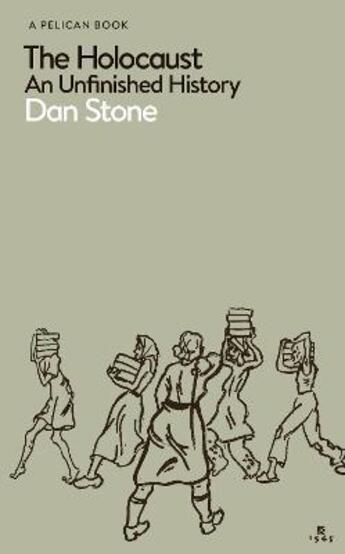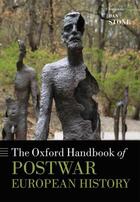-
Nombre de pages : 256
-
Collection :
(-)
-
Genre :
Histoire
-
Thème :
Histoire
-
Prix littéraire(s) :
(-)
Résumé:
The defining event of twentieth-century Europe - the extermination of millions of Jews - has been commemorated, institutionalised and embedded in our collective consciousness. But in this nuanced and perceptive new history, Dan Stone, Professor of Modern History and Director of the Holocaust... Voir plus
The defining event of twentieth-century Europe - the extermination of millions of Jews - has been commemorated, institutionalised and embedded in our collective consciousness. But in this nuanced and perceptive new history, Dan Stone, Professor of Modern History and Director of the Holocaust Research Institute, contends that the true dimension of the horror wrought by the Nazis is inadvertently brushed aside in our current culture of commemoration. This is due in part to practical or conceptual challenges, such as the continent-wide scale of the crime and the multiplicity of sources in many languages; and in part to an unwillingness to confront the reality that the Holocaust could not have happened without the assistance of numerous non-Nazi states and agents. br> Structured around four themes - trauma, collaboration, genocidal fantasy and post-war consequences - The Holocaust demonstrates the genocidal logic of much European thinking in the wake of WWI, explores how the Holocaust''s effects unfolded even after the liberation of the camps in 1945, and stresses the ways in which Europeans continue, even now, to draw on a reservoir of fascist vocabulary and imagery in times of crisis. It is a deeply researched and indispensable examination of a trauma that still reverberates today.>
Donner votre avis















